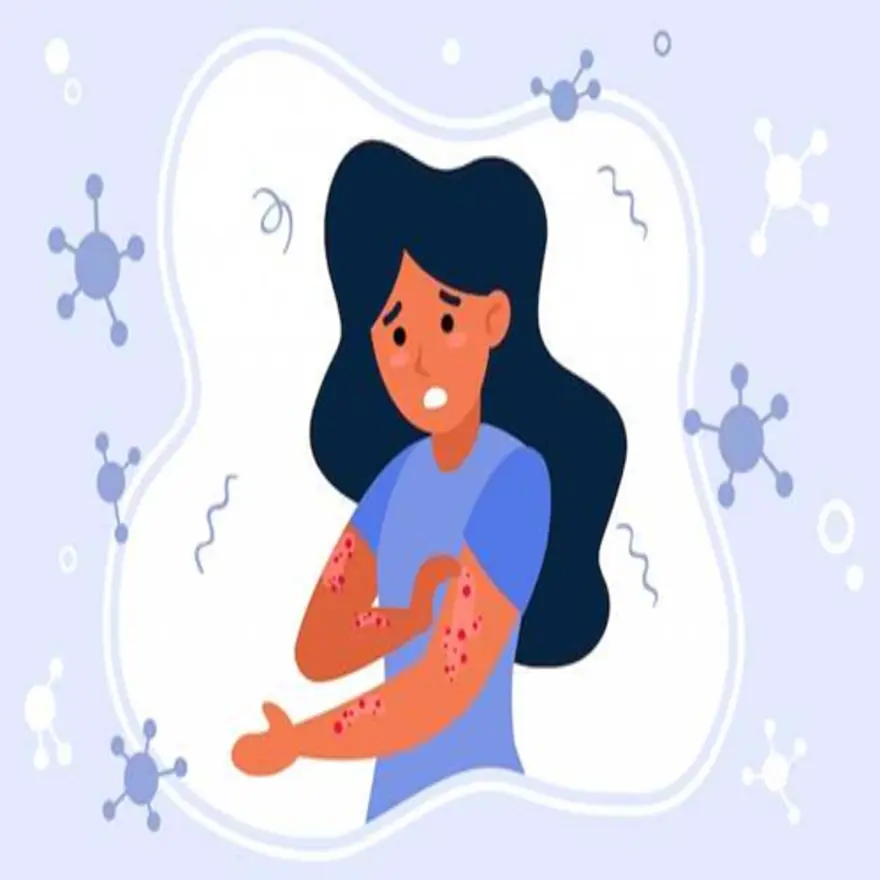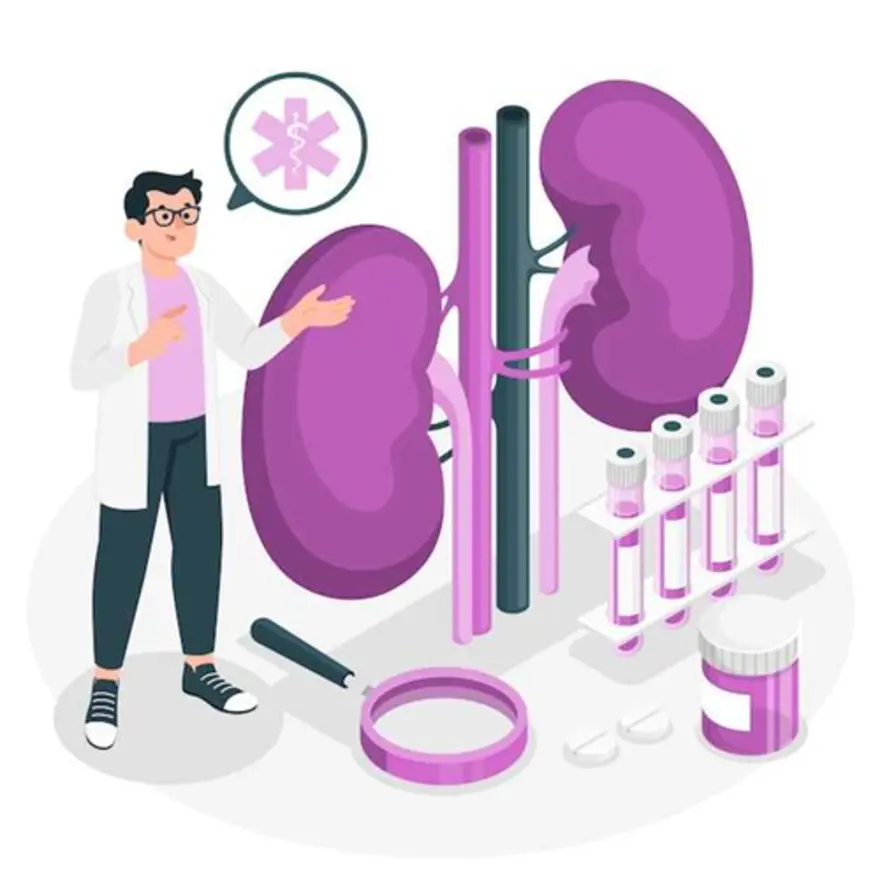Health Wellness
What You Should Know About Multiple Sclerosis (MS) Symptoms In Female
7665 Views
0

The last thing anyone should worry about is a potential MS diagnosis. However, it's essential to be aware of the symptoms to get help and determine if you should see a doctor.
In this post, we'll outline the most common multiple sclerosis symptoms in females and provide tips on how to deal with them. Whether you're a woman recently diagnosed with MS or just concerned about your health, read on for everything you need to know.
What is Multiple Sclerosis?
Multiple sclerosis is a disease that affects the nervous system. It's caused by damage to the myelin sheath – a protective membrane covering nerve cells in the brain and spinal cord. This leads to lost function or paralysis in one or more limbs, difficulty with movement, vision problems, and hearing problems.
Multiple sclerosis symptoms in females can often be mistaken for other conditions, such as anxiety or depression. Please seek out professional help if you believe you might be experiencing these MS-related symptoms:
1. Fatigue and/or weakness: This is perhaps the most common symptom of MS and can make everyday tasks quite difficult. If your energy levels are consistently low, it may be a sign that you need to see a doctor for an evaluation.
2. Sensitivity to light and sound: Many people with MS experience significant problems with their vision (including seeing patterns not apparent to others) and hearing. If you're constantly feeling winded or struggling to hear, it may signal that you need help.
3. Trouble with balance and coordination: MS can cause problems with balance and coordination, making everyday tasks difficult – such as walking down the street or getting up from a seated position.
4. Difficulty speaking clearly: Many people with MS find it hard to speak clearly due to impaired speech production (known as dysarthria).
5. Difficulty swallowing: People with MS often experience difficulty swallowing, leading to poor nutrition and malnutrition. If you've noticed that your food doesn't seem to be staying down or you have trouble drinking liquids, it may be a sign that you need to see a doctor for an evaluation.
6. Joint pain: Joint pain is a common symptom of MS and can often be severe. If you're experiencing constant joint pain or if it becomes particularly bad during certain activities (like exercise), it may be time to see your doctor for an evaluation.
7. Memory problems: Many people with MS experience significant memory problems, making everyday tasks – such as shopping for groceries or getting on an aeroplane – quite tricky. If you find that your memories are slowly deteriorating or have trouble concentrating for longer durations of time, it might be time to seek professional help.
Causes of Multiple Sclerosis
MS is an umbrella term that refers to various diseases and conditions. While the precise cause of MS is unknown, researchers believe that environmental and genetic factors may cause it.
Risk Factors of Multiple Sclerosis
There are several risk factors associated with developing MS, including:
1. Being female
2. Having a family history of MS
3. Having had multiple sclerosis before
4. Exposure to certain viruses or toxins
5. Having an autoimmune disorder
6 . Inability to metabolise certain medications correctly
7. Early signs of ageing
Diagnostic Criteria for MS
The Diagnostic Criteria for MS, published in the Annals of Neurology, are a set of criteria that doctors use to diagnose MS. The following three symptoms must be present together for at least six months and must cause significant disability:
1. Intense or painful neurological symptoms (at least 2 out of 7)
2. Eye problems, such as blurred vision or blindness
3. Swollen lymph nodes
Prevention of Multiple Sclerosis
There is no known cure for MS, but many ways exist to prevent its onset and progression. Some essential lifestyle habits that you can adopt are:
1. Keeping your body healthy by eating a balanced and healthy diet
2. Getting regular physical activity
3. Avoid excessive alcohol and tobacco use
Treatment of Multiple Sclerosis
There is currently no cure for MS, but various treatments may help improve the quality of life. Some common treatments include:
1. A combination of physical and cognitive therapy to help restore mobility and function
2. Medications to relieve symptoms such as pain, inflammation, and bladder control problems
3. Surgery to remove scar tissue or tumours from the brain or spinal cord
4. Intravenous immunoglobulin (IVIg) to help reduce the severity and frequency of attacks
5. Social support programs help people with MS connect with other community members.
Complications
MS can lead to a wide variety of complications, some of which are very serious. Some common complications include:
1. Cognitive decline and memory loss
3. Difficulty walking or using stairs
4. Cranial nerve damage, such as problems with vision or hearing 5. Severe bladder and bowel problems
6. MS- Related paralysis
Conclusion
Even though women with MS often show no symptoms, they can still be at risk of developing the disease. This is why awareness and early detection ensure a healthy future. While no two people experience MS in the same way, know your body – talk to your healthcare providers about any concerns you may have about managing your symptoms or treating your disease. A Multiple Sclerosis Profile and a Maxi Test are the most effective diagnostic tools for the condition.
Knowing what to look for and taking action at the right time can get you one step closer to living a healthier life!























 WhatsApp
WhatsApp